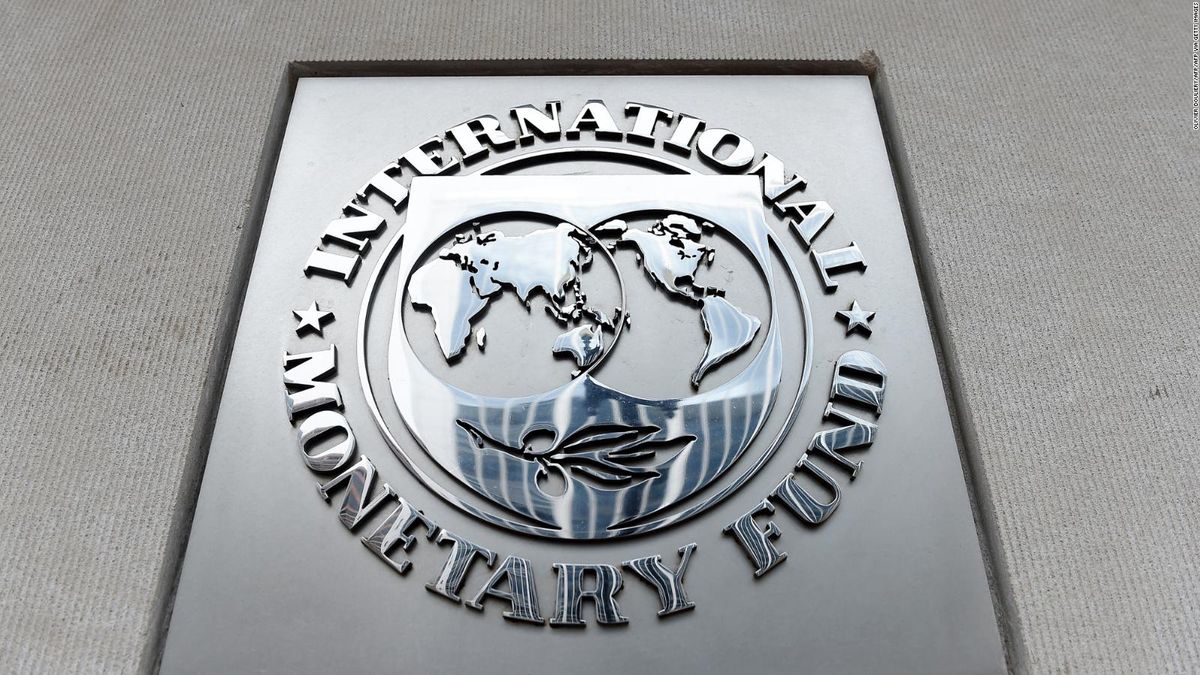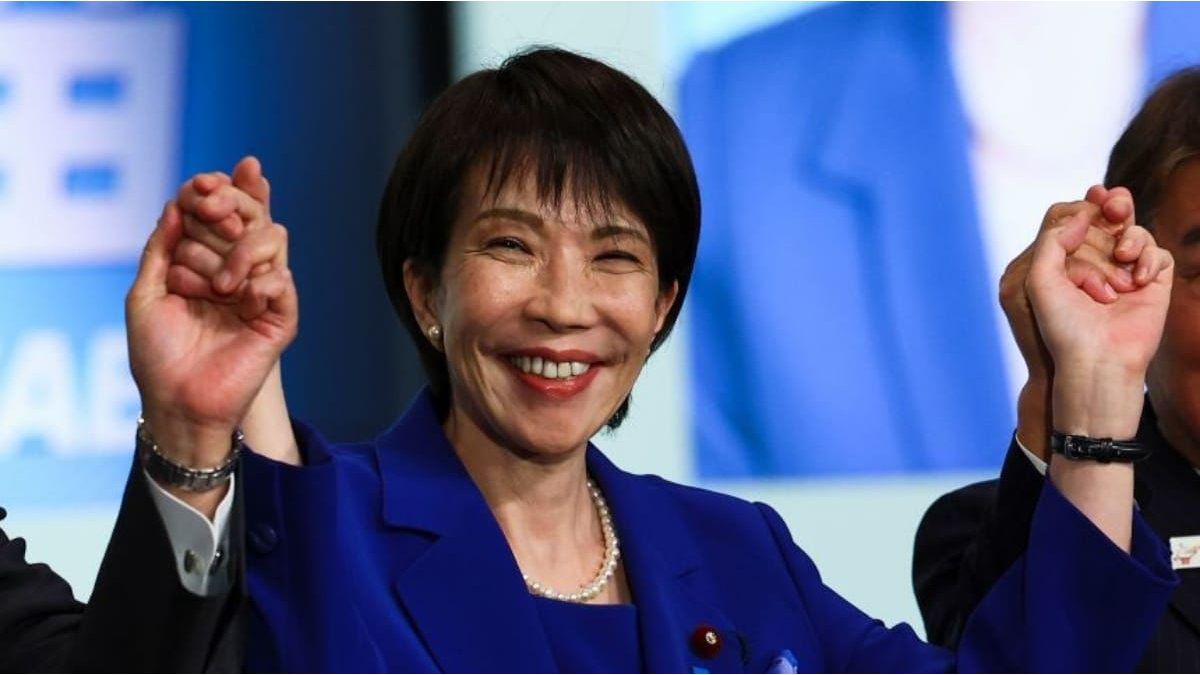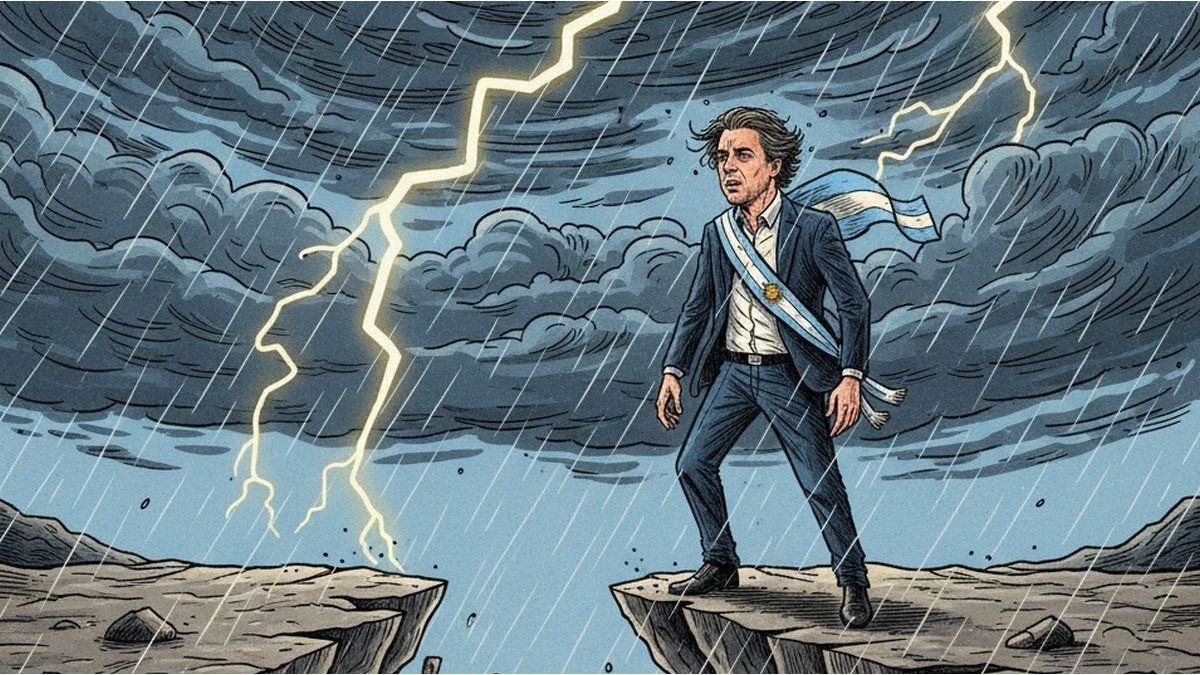“Widespread subsidies benefit wealthy households that don’t need the support, making them very expensive.”Medas said at a press conference.
What’s more, “They are not environmentally friendly, in fact they lead to very negative incentives” by supporting the consumption of polluting energies, he added.
The IMF recommends “using more targeted support for the most vulnerable and most affected,” including cash transfers or subsidizing electricity bills for low-income families.
Oil prices have been rising to historic peaks in recent weeks, exceeding $ 80 a barrel, increasing fears of a permanent rise in inflation.
Medas said that the rise in energy prices was expected to some extent as global demand recovers with the rebound in the Covid-19 pandemic, but stressed that the Fund encourages countries to move towards more green energy.
“The reality is that we have faced these huge volatilities in oil and gas prices for a long time. And the only way to deal with this permanently is to invest more in renewables.”, he indicated.
“This will be the only way to build a resilient economy and protect households from volatility in oil and gas prices,” he said.
For its part, the international financial organization published its report “Monitor Fiscal” in the framework of their joint biannual meetings with the World Bank, which take place this week in Washington.
David William is a talented author who has made a name for himself in the world of writing. He is a professional author who writes on a wide range of topics, from general interest to opinion news. David is currently working as a writer at 24 hours worlds where he brings his unique perspective and in-depth research to his articles, making them both informative and engaging.




